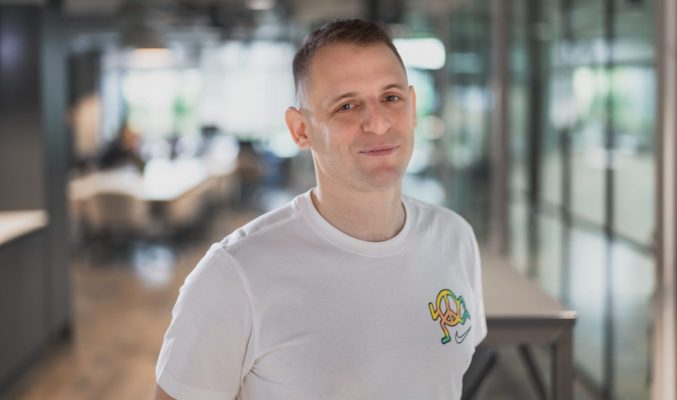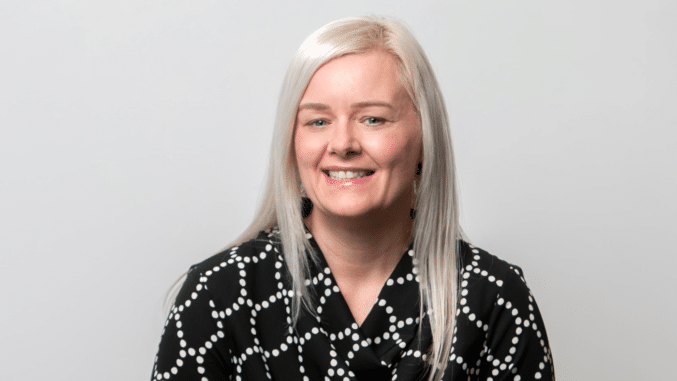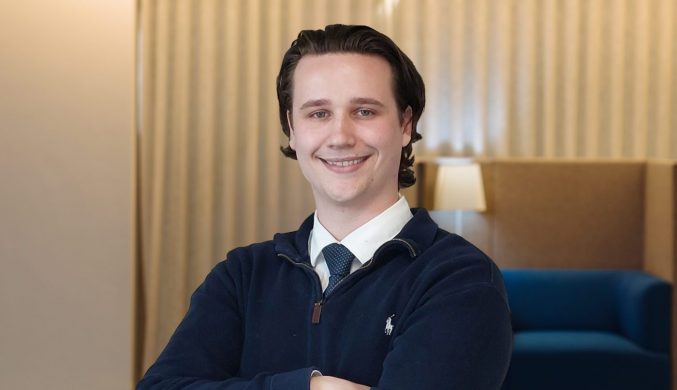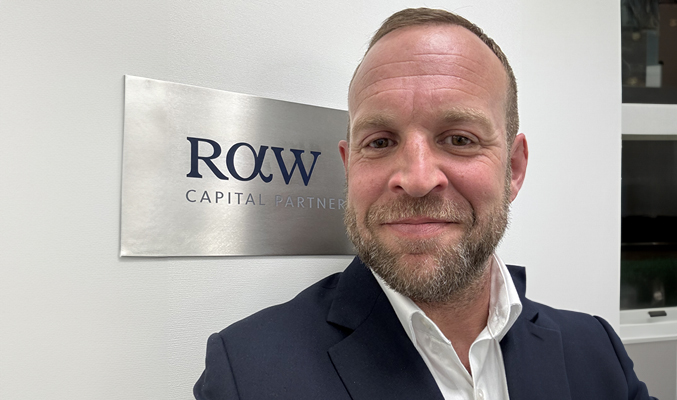Hospitalisations and hiring sprees – brokers take on lockdown 2.0
By Laura Miller
Fear of the unknown is humans’ oldest and most naked response. When the UK went into a nationwide lockdown in March, bridging brokers joined the ranks of the blindsided. Lockdown 2.0 is different.
“The personal and business challenges first time round were pretty intimidating,” says Donna Wells, director at First 4 Bridging, “we all had to adjust – but I think if you can learn through adversity, then you will always emerge stronger”.
First 4 Bridging is, she says, in a much better place to cope with the second lockdown. Just as well; after grinding to a forced halt in the Spring, pent up demand has made business boom, in a complex environment where for some employment is shaky and for others opportunities are emerging to pick quality of life over the daily commute, and make a profit.
While builders suffered a second drop in their workload in the third quarter as the impact of Covid continued its toll, with private commercial and public works building falling 21% and 12% respectively according to RICS, construction is pinning its hopes on a home building led recovery, as the ongoing threat of being stuck inside puts space at a premium.
Since the first lockdown was lifted house prices have risen at a speed not seen for 14 years. They jumped by 7.5% in October, the highest annual rate since June 2016, according to Halifax, which puts the average price of a home at £250,547, the first time it has exceeded a quarter of a million pounds.
“We haven’t got time to feel sorry for ourselves as we continue to be inundated with business,” says Wells, “as a team we have adapted to working that bit smarter and the new skills we have learned will stand us in good stead for overcoming any future obstacles”.
For Clare Jupp at Brightstar lockdown 2.0 is different because this time she – and incredibly more than a dozen members of her team – aren’t contributing to the case statistics. “We have been physically ‘touched’ by Covid-19. I suffered pretty badly for over two weeks and around 15 other people in the business were affected too,” she says.
Nothing prepares you for a closeness to the pandemic, and its danger, at the level where one team member must be hospitalised. But Brightstar as a business was ready in terms of technology, telephony and home working practices, says Jupp.
“We were completely prepared for home working, and had done a full team remote log in test across all three business sites in anticipation,” says Jupp. That preparedness meant time everyone had everything they needed to operate fully from home, but with improved telephone technology “which has been absolutely crucial” she says.
Different second time around was the reaction of staff to finding they would be shut out of the office again, says Jupp. Some employees had learned the limitations of swapping a desk for a laptop at the kitchen table. This time Brightstar kept the office open for those who needed it.
“This time there was a mixed response,” she says. “Working from home has been encouraged and preferable but where people have expressed they cannot work productively at home, we have been entirely supportive of this.” She adds: “We have to take mental health, wellbeing and every personal situation into consideration.”
Businesses of all shapes and sizes across all sectors are currently trying to navigate a new hybrid way of working, as the threat of more lockdowns looms large even as the promise of a vaccine grows closer to becoming a reality.
At an operations level Brightstar is eying the success of its remote working experiment as an indicator the firm could boost team numbers with hot desking and without increasing office space. Flexible working could be offered to a greater extent. Adverse weather, power outage, working parents or anyone who might need more flexibility, now pose no threat to business continuity.
“However for work culture, to support good mental health and to retain our family feel, a sense of competition and for peer support and motivation, it would definitely not be on the game plan for us to lose our office-working altogether,” says Jupp.
Wells agrees. First 4 Bridging now has the infrastructure in place to operate remotely, making it a viable option for certain parts of the business to ensure the health and general wellbeing of its people. “But there is much to be said about building strong, close-knit office teams who feed off the atmosphere of sourcing the right solutions to meet a range of client needs,” says Wells.
Treasury efforts to boost market confidence, from the stamp duty holiday to billions of Covid-19 business interruption loans and furlough extended to next March, seem to be having the intended effect in bridging broker offices.
“From our daily conversations with lenders, confidence remains high for the short, medium and longer-term future of the specialist markets,” says Wells. Some brokers have reported lenders with 2008-style jitters, tightening criteria and raising interest rates on borrowing. But Wells says she still gets access to competitive product ranges and lending appetites. “There is no sign of this slowing down anytime soon,” she says.
Business has been so good at Brightstar Jupp has had to go on a recruitment drive – always welcome, and rare, in the middle of a recession and rising unemployment – appointing four new team members each in the London and Billericay offices. “We are certainly not lacking in confidence with regards to current business levels and staff retention, some of our teams have never been busier,” Jupp says.
Testing, planning, preparing, is how humans overcome fear of the unknown. The lessons brokers learned after Britain was thrown so dramatically off course in the first lockdown have been enacted in the second, and in business plans for 2021.
Undeterred by a global pandemic, First 4 Bridging expanded its operations in October with the opening of a Manchester-based intermediary support centre to help more advisers understand the benefits of specialist lending, turn away fewer client enquiries and generate more revenue without wasting valuable time on cases which may never be accepted.
“The North West is creating a wealth of opportunities for property professionals,” says Wells. A growing number of advisers across the region are using the experience and expertise of packagers to tap into the rising demand for alternative forms of finance, she says. “We are now in a far stronger position to support them on this journey.”
The firm has also just launched a free 24-hour case checker initiative. With the demand for short-term finance rising, and the stamp duty deadline approaching, Wells believes this “will provide an additional layer of security for brokers”.
Out of a period where we have spent much of our time separated from others, behind both these moves is a plan to forge closer working relationships and support a wider range of advisers, “factors which remain a key component in our plans for 2021”, says Wells.
Having physically survived the deadly virus, Jupp is understandably philosophical about overcoming any further Herculean trials next year.
“We have some challenges we are able to actively plan for, but some we can’t, as we don’t know what they are,” she says. “In a strange way, those unexpected challenges are often the most exciting.”

Laura Miller is a freelance journalist who writes about money and business. She regularly appears in UK national and trade newspapers and magazines, and has previously worked for ITV News and the Telegraph among others. Find her on twitter @thatlaurawrites











You must be logged in to post a comment.